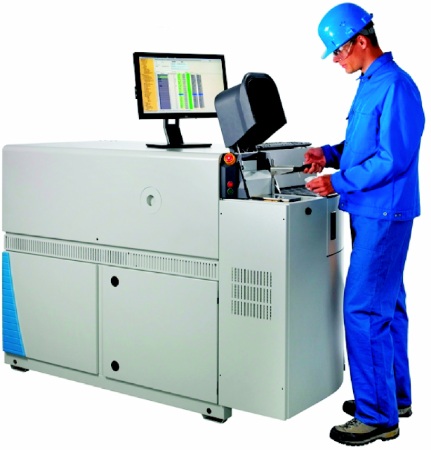At the heart of every successful foundry and casting product lies one crucial element: material quality. The alloy metals used must meet strict specifications to ensure the strength, durability, and performance of the final product. However, ensuring consistent quality across the supply chain and production process is a complex challenge. This is where the Laboratory Information Management System (LIMS) plays a central role as the backbone of material quality control.
Material Quality Control Challenges in Foundry and Casting
- Raw Material Variations: Alloys can come from different suppliers with slight differences in composition.
- Tight Process Control: Melting and casting involve high temperatures and chemical reactions that require precision.
- Complex Specifications: Products often demand detailed specs, including chemistry, mechanical properties, and heat treatment.
- Traceability: It's critical to track each material batch and its test results for compliance and root cause analysis.
- High Testing Volume: Labs must process many samples quickly to keep production flowing.
How LIMS Ensures Alloy Quality
- Efficient Sample Management: LIMS enables fast, accurate registration of samples—from raw materials to finished products—with unique IDs.
- Centralized Specification Management: All alloy specs are stored in LIMS, ensuring each test uses the correct, latest standard.
- Seamless Instrument Integration: OES, tensile testers, and metallographic tools send results directly into LIMS, eliminating manual entry.
- Real-Time Out-of-Spec Alerts: LIMS compares results to specs and triggers instant alerts when values fall outside tolerance.
- Full Traceability and Audit Trail: Every action is logged—from sample receipt to result approval—for total compliance and transparency.
- Data Analysis and Reporting: Historical data helps identify trends, improve processes, and generate detailed quality reports.
- Certificate of Analysis (CoA): Automatically generated based on validated data, speeding up material release.
Real Benefits for Foundry and Casting Industry
- Improved Product Quality: Use only in-spec materials, reducing defects and rework.
- Operational Efficiency: Save time on data entry and reporting, accelerating testing cycles.
- Cost Reduction: Avoid losses from poor materials and defective products.
- Better Compliance: Meet industry and regulatory standards through full documentation.
- Smarter Decisions: Accurate data and trend insights drive better strategic choices.

